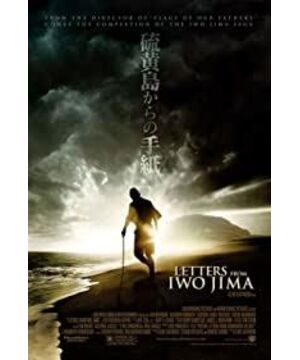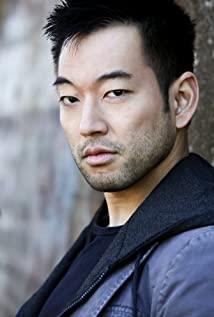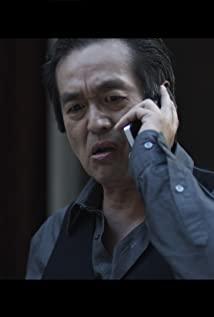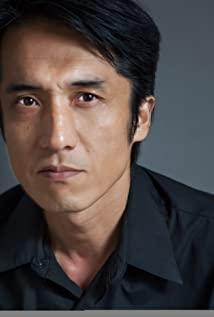Or Watanabe Ken's performance is more vivid, firm and peaceful eyes, far better than Ninomiya Kazuo's bleak and helpless. One is a lieutenant general who came back from training in the United States and joined the war against the United States in a hurry, and the other is an ordinary baker who was forced to join the army. It is destined that this war has different meanings to everyone, no matter from their perspective or mentality. For Kuribayashi, it was all about serving the motherland, defending the territory, and fulfilling the mission of a soldier. For Xixiang, it is to defeat the Yankee so that he can return to his wife and children. When we see Xixiang as a recruit who can't even hit the target, what else can we expect from him. When I saw the fear he showed when he saw his companions pull the grenade to pieces, I was still thinking about how cowardly he was, but when he remembered his wife and his daughter who had not seen it yet, you would feel so cruel, At least Xixiang has always had the courage to live. What they have in common is that they still have nostalgia for their families, and they still care about their families. War destroys not only life, but also the belief to live.
The color of the dim Iwo Jima is like this. There is no hope. When they set foot on this land, they seem to see through everything. Facing the death-like journey, they have already won.
In the eyes of non-Japanese, Japanese militarism is completely visible to the surface of the lake but not the bottom of the lake. It is more likely to be like a brand, deep and shallow, but it cannot be erased from the body, and no one will try to change it. The director doesn't delve into the topic, but this idea leaks out in almost all shots. Reminds us what exactly Iwo Jima is all about.
View more about
Letters from Iwo Jima reviews











